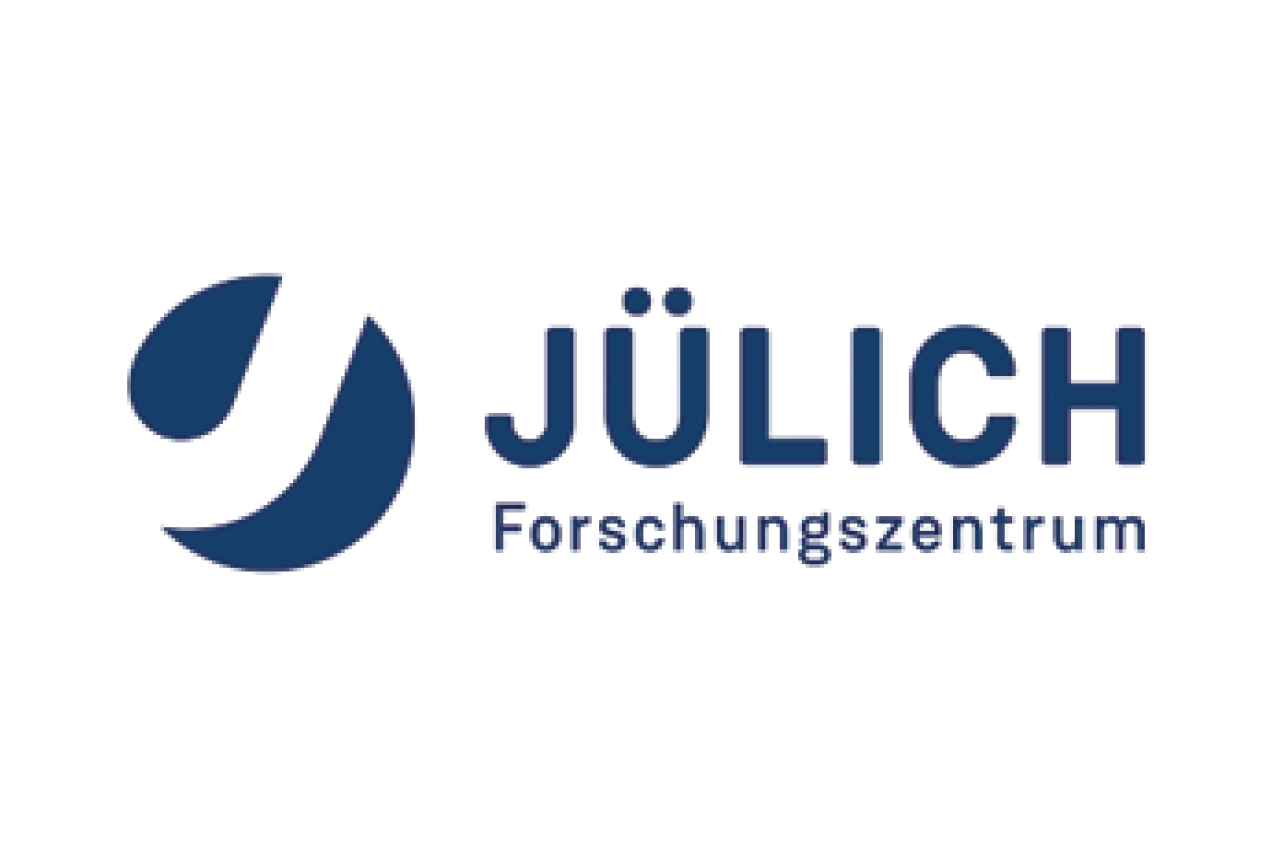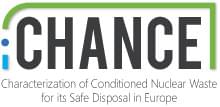Jülich
Forschungszentrum Jülich GMBH

Description of the organization and its main tasks
Forschungszentrum Jülich pursues cutting-edge interdisciplinary research on pressing issues facing society today. With its competence in materials science and simulation, and its expertise in nuclear physics, chemistry, materials and information technology, Jülich is well prepared for tomorrow’s key research fields and technologies. Forschungszentrum Jülich committed to solve the societal grand challenges in the fields of energy and environmental, information and brain research. Forschungszentrum Jülich is in numerous strategic partnerships with universities, research institutions, and industry in Germany and abroad. With more than 5,500 employees, Jülich – a member of the German Helmholtz Association – is one of the large interdisciplinary research centres in Europe.
With energy and nuclear safety research FZJ contributes to the basis for the transformation into carbon-free energy systems and proliferating the safe disposal of nuclear waste. FZJ has decades of experience in fundamental research on materials and processes, components and technical systems. FZJ’s research is focused on specific applications such as materials for extreme operating conditions in dynamic power plants, as well as electronic and electrochemical materials and systems not only for nuclear waste management and decommissioning application but also for the future use in thin-film solar cells, batteries, fuel cells, hydrogen electrolysis, and gas separation membranes, and also energy-efficient electronics for future information technologies.
The proposed work program will be performed in the Institute of Energy and Climate Research (IEK-6), Nuclear Waste Management, which is mainly involved in R&D concerning nuclear waste management (characterization, treatment, disposal and safeguards). Methods, data and experimental results are supplied for further development of the safety in these areas. The institute has a long-term expertise in all activity levels of rad-waste characterization & condition methods for their safe disposal. The institute hosts the German Safeguards group for IAEA and the Office for Product Quality Control of nuclear waste. Moreover, IEK-6 is or has been involved in many other FP7 or H2020 projects, such as CARBOWASTE, CAST, ASGARD, SACSESS, First-NUCLIDES, G-SEXTANT, ANNETTE, CEBAMA, CARBOWASTE, CAST and recently INSIDER.
Role, responsibilities and activities within the Project
In CHANCE, FZJ will take responsibility within the coordination team in WP1 for the technical coordination of WP3-WP5 in close collaboration with those WP-leaders. In WP2 FZJ will contribute compiling the EUG requirements and define methodology (WP2T1) and R&D needs (WP2T2). In WP3 FZJ will participate in Task 1 and lead Task 3 (exploiting the exp. results) and together with the other partners compile the deliverables and reports. In WP4 the role of FZJ is to help defining the muon tomography parameters (WP4T1) and assist/support assembling/adapting the software. FZJ participate in WP4 T3 and leads WP4 T4 for the final experiments.
In WP5 FZJ will participate in Task 2 studying the gas release behaviour in close collaboration with ENEA and VTT.
Contact person
Dr. Holger TIETZE-JAENSCH
Institute for Energy & Climate Research
Nuclear Waste Management and Reactor Safety IEK-6
Forschungszentrum Jülich GmbH
Leo Brandt Str.
52425 Jülich, Germany
phone: +49 2461 61 4688
email: H [dot] Tietze [at] fz-juelich [dot] de
Mr. Corrado RIZZATO
email: corrado [dot] rizzato [at] gmail [dot] com
